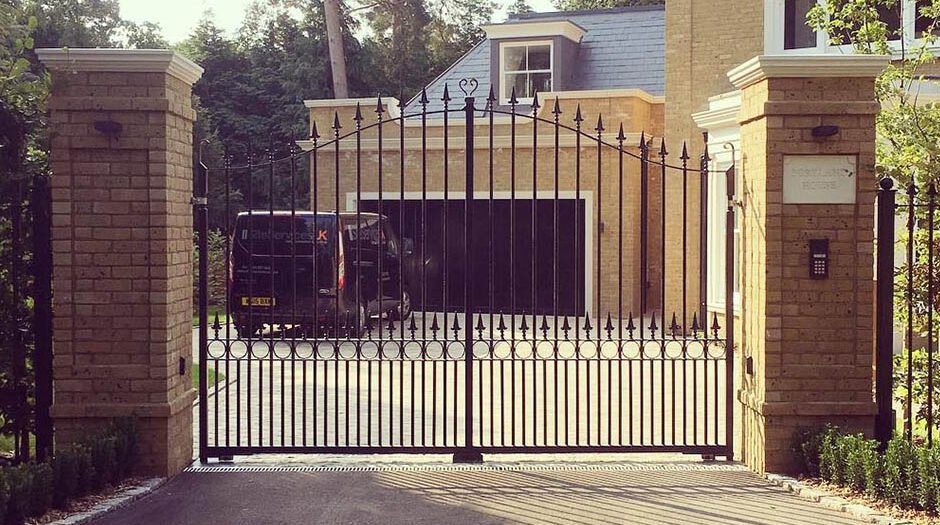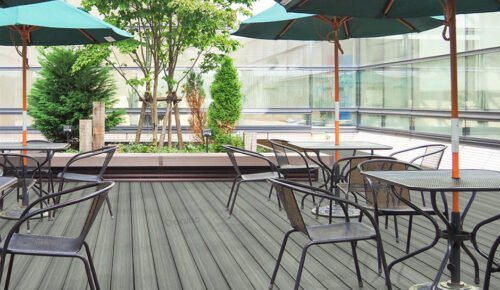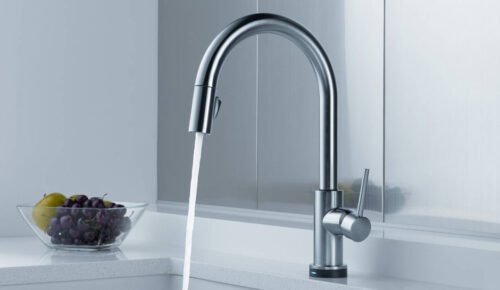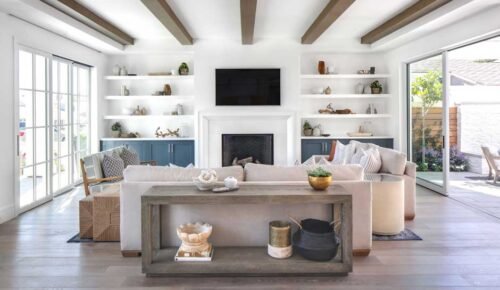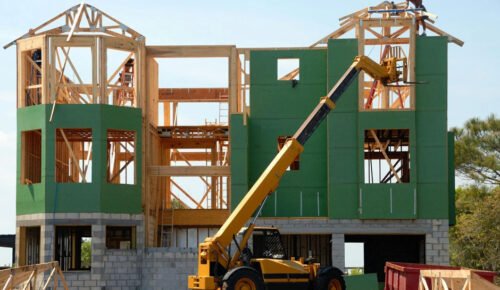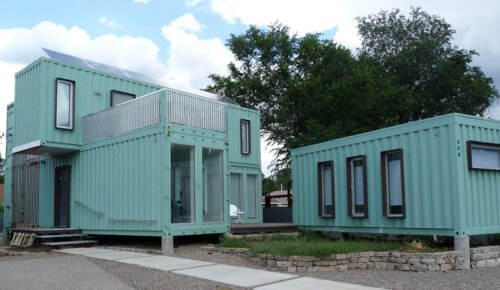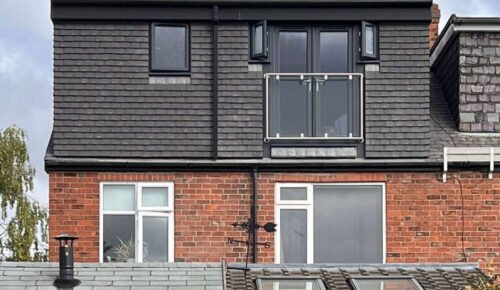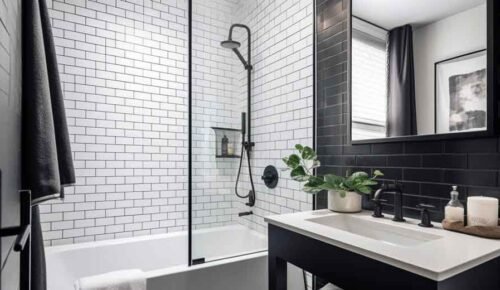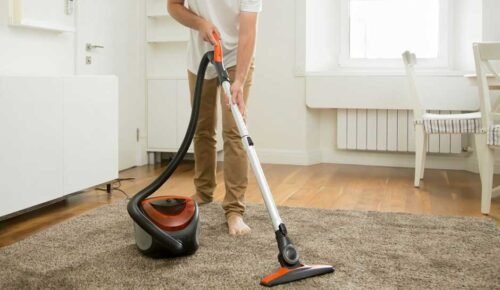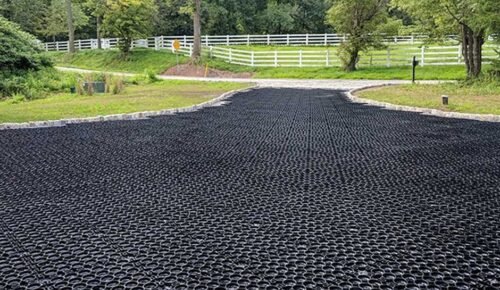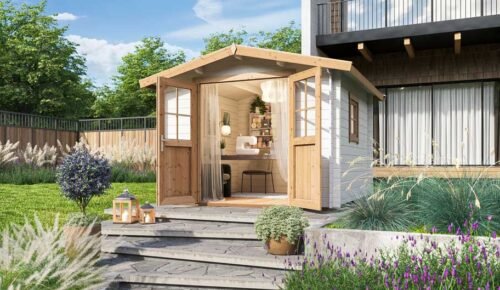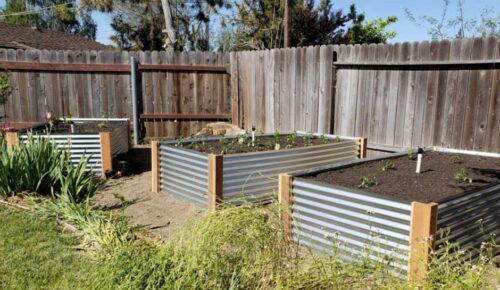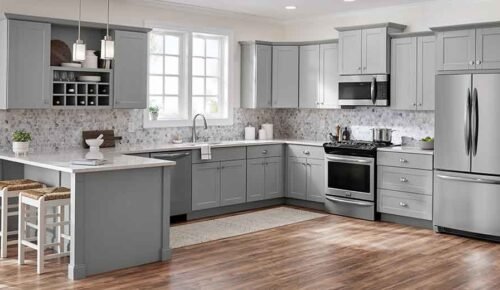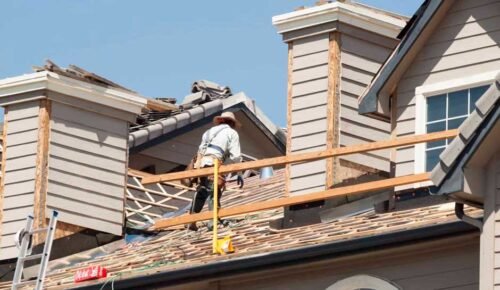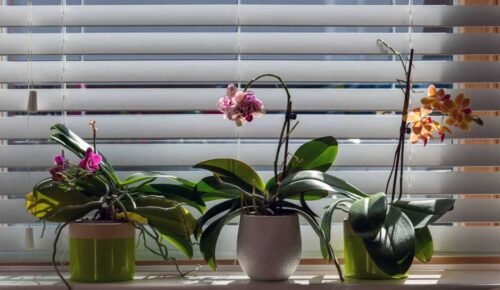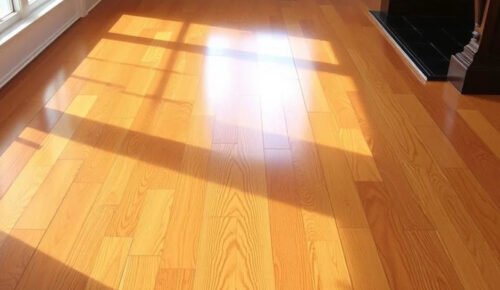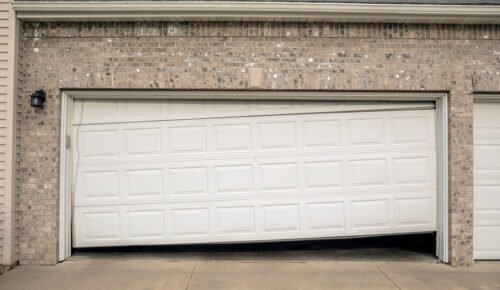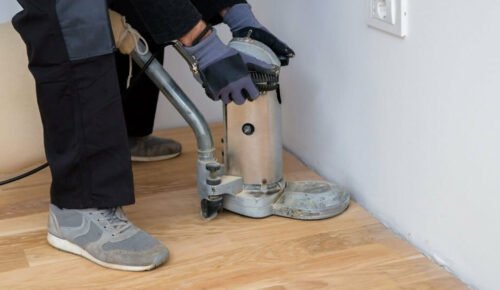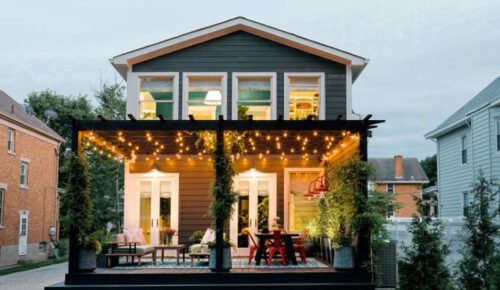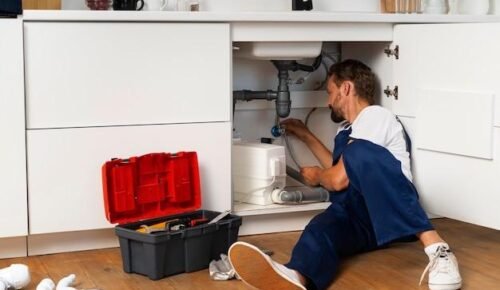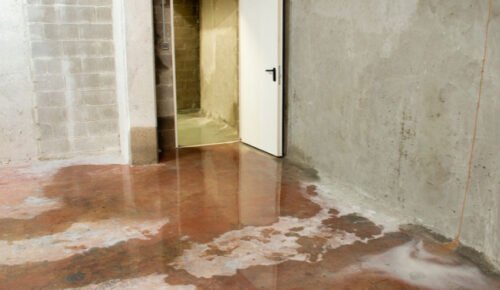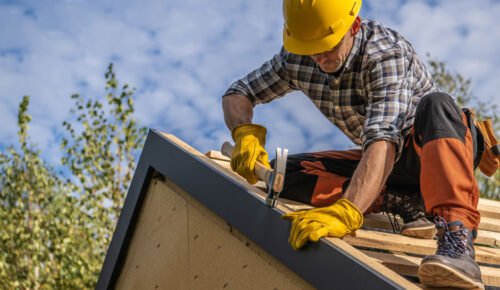Choosing the right residential automated gate system is crucial for ensuring both security and convenience. With various options, making the right choice can significantly impact your property’s functionality and aesthetic appeal. An automated gate not only adds a layer of security but also enhances the overall curb appeal of your home. We will explore more about them and the essential factors to consider, including the types of systems, key features, and practical considerations that will help you make an informed decision.
Types of Automated Gate Systems
When selecting an automated gate system, understanding the available types is fundamental. The primary options include sliding gates, swinging gates, and bi-folding gates. Sliding gates are ideal for properties with limited space as they move horizontally along a track. These gates are robust and suitable for large openings, providing smooth and silent operation. On the other hand, swinging gates open inward or outward and are a common choice for residential properties with ample space. They come in single or double configurations, depending on the width of the entrance. Bi-folding gates are designed to fold inwards, making them space-efficient for narrow driveways. Each type has unique advantages; the choice largely depends on your property’s layout and personal preferences.
Key Features to Consider
Several key features should be evaluated when selecting an automated gate system. Security features are paramount, including robust locking mechanisms and surveillance integration. Some systems offer advanced options, such as remote access, allowing you to control the gate from your smartphone or computer. Additionally, consider the durability and material of the gate. Options range from wrought iron to aluminum, offering different maintenance levels and aesthetic appeal. Weather resistance is another critical feature, especially in extreme temperatures or heavy rainfall. Investing in a highly durable gate ensures that it will withstand harsh conditions and provide long-term reliability.
Driveway and Space Constraints
The physical dimensions of your driveway and available space are significant factors in determining the appropriate gate system. A bi-folding or sliding gate may be the most practical option for narrow driveways, as they require less clearance than swinging gates. Evaluate the width and height of your entrance to ensure that the gate system you choose fits appropriately without obstructing walkways or driveways. Additionally, consider the space required for the gate to operate smoothly. Proper measurement and planning are essential to avoid installation issues and ensure that the gate functions effectively within the constraints of your property.
Integration with Home Automation Systems
Modern residential gate systems often integrate with home automation systems, adding convenience and functionality. If you have a smart home setup, look for gate systems compatible with your home automation network. This integration allows for seamless gate control alongside other smart devices like lighting, alarms, and surveillance cameras. Features such as remote access, video intercom systems, and automated scheduling can enhance the functionality of your gate, making it an integral part of your home security system. Ensuring compatibility with your home automation system can simplify management and improve the overall efficiency of your property’s security measures.
Maintenance and Long-Term Costs
Considering the maintenance requirements and long-term costs associated with automated gate systems is crucial for making a well-informed decision. Different materials and mechanisms have varying maintenance needs. For instance, wrought iron gates may require periodic painting to prevent rust. In contrast, aluminum gates typically need less upkeep, which increases the costs of repairs and potential upgrades over time. Understanding the long-term financial implications helps you budget appropriately and ensure you choose a system that aligns with your maintenance preferences and financial capabilities. Opting for a gate with low maintenance requirements and reliable durability can save costs and reduce hassle in the long run.
Professional Installation and Support
Installing an automated gate system is a critical aspect that can impact its performance and longevity. Professional installation ensures the system is set up correctly and operates as intended. Look for reputable companies with experience installing automated gate systems to handle the installation process. Additionally, consider the availability of customer support and service options. Having access to reliable support for troubleshooting and maintenance is essential for addressing any issues that may arise. Ensuring that you have a dependable installation and support team can significantly enhance your automated gate system’s overall experience and functionality.
Selecting the right residential automated gate system involves carefully considering various factors, including the type of gate, key features, space constraints, integration with home automation, maintenance requirements, and installation support. By evaluating these aspects, you can make an informed decision that enhances your property’s security, convenience, and aesthetic appeal. Ultimately, the right choice will provide a reliable and functional solution that complements your home and lifestyle.
